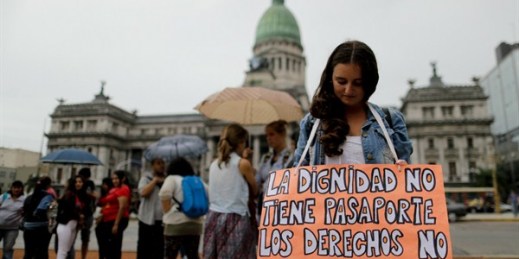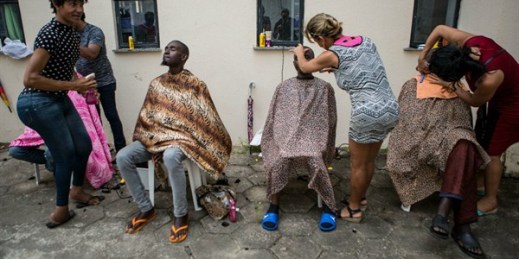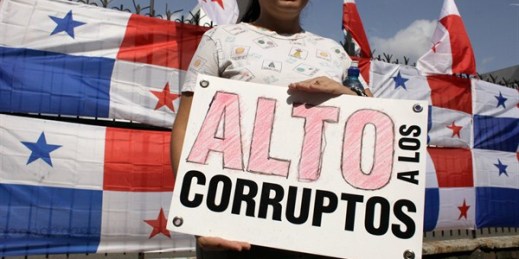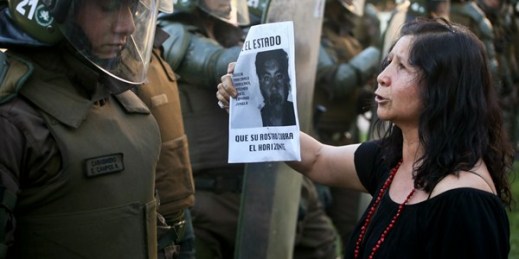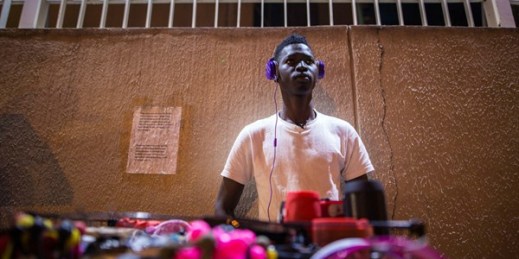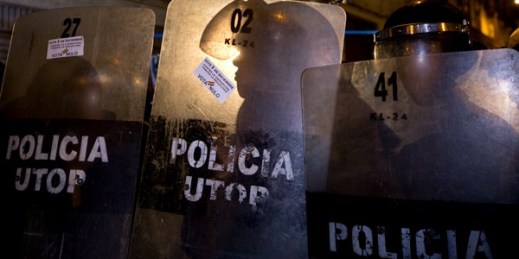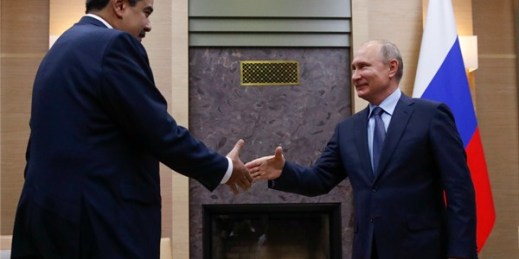
Last week, the Maiquetia airport outside Caracas was the site of a remarkable event. On Monday, one after another, a series of Russian military aircraft landed in Venezuela. Most notably, the flock included two nuclear-capable, supersonic Tu-160 “White Swan” bombers, along with a passenger plane reportedly bringing about 100 Russian military personnel, and a large cargo plane possibly delivering military equipment. Just a few days earlier, Venezuelan President Nicolas Maduro had met with Russian President Vladimir Putin in Moscow and received promises of a $6 billion aid package. Now, Putin was using Venezuela to send a powerful message to Washington. […]


